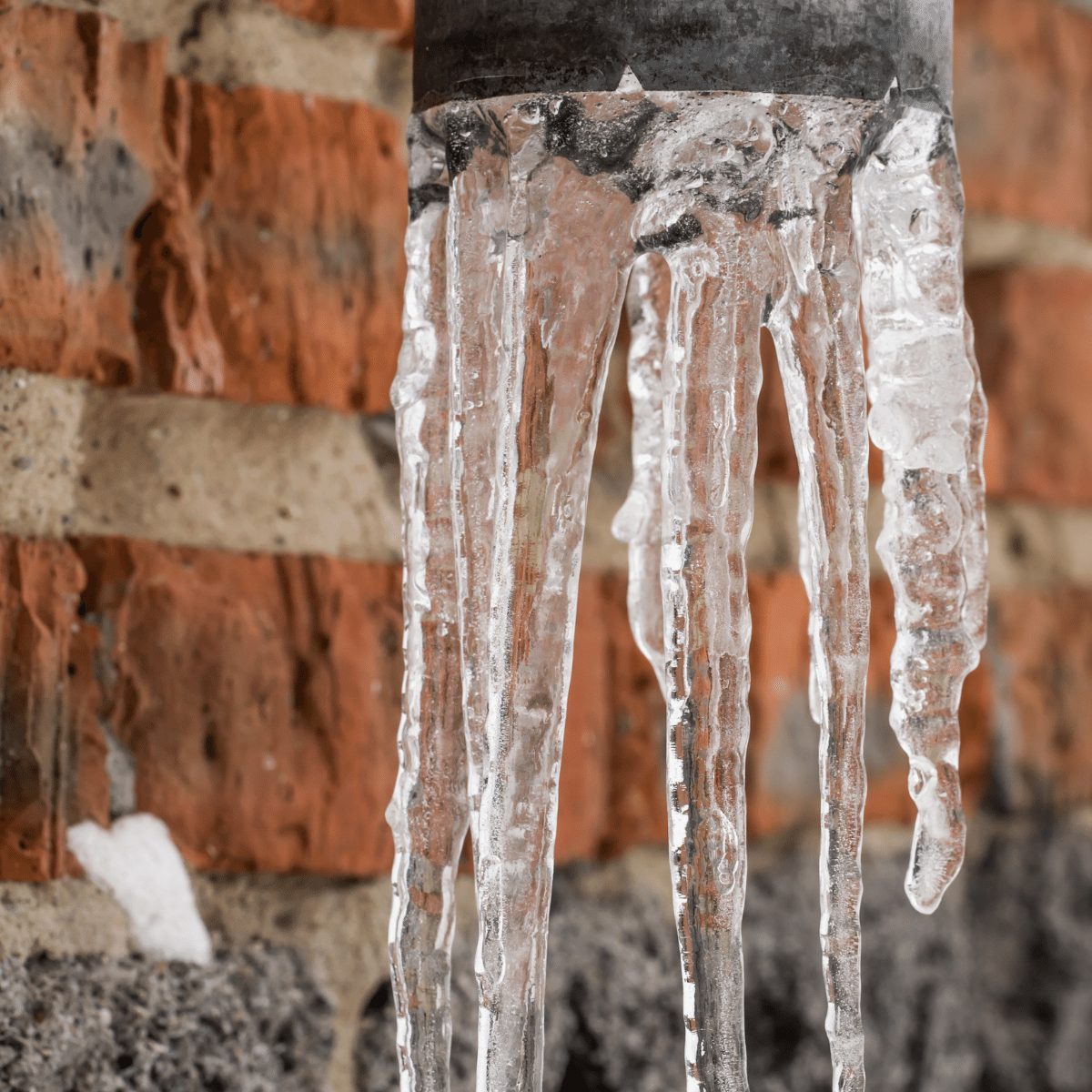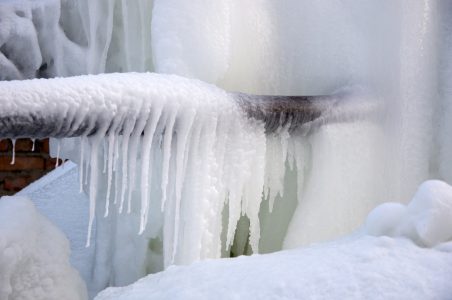Protecting Against Frozen Plumbing in Winter: Professional Strategies
Protecting Against Frozen Plumbing in Winter: Professional Strategies
Blog Article
They are making a few great points relating to Prevent Frozen Pipes as a whole in this content below.

Cold weather can wreak havoc on your plumbing, particularly by freezing pipelines. Right here's exactly how to avoid it from occurring and what to do if it does.
Introduction
As temperature levels decline, the danger of frozen pipelines rises, potentially leading to pricey repair services and water damage. Understanding just how to prevent icy pipes is crucial for home owners in chilly environments.
Comprehending Icy Pipes
What creates pipes to ice up?
Pipes ice up when exposed to temperature levels listed below 32 ° F (0 ° C) for prolonged durations. As water inside the pipes freezes, it increases, putting pressure on the pipe wall surfaces and potentially triggering them to rupture.
Threats and damages
Frozen pipelines can bring about supply of water interruptions, property damage, and costly repair services. Ruptured pipelines can flooding homes and cause comprehensive structural damage.
Indications of Frozen Water Lines
Determining icy pipelines early can avoid them from rupturing.
Exactly how to determine frozen pipes
Try to find reduced water flow from faucets, unusual smells or sounds from pipelines, and visible frost on exposed pipelines.
Avoidance Tips
Protecting susceptible pipes
Cover pipelines in insulation sleeves or utilize heat tape to shield them from freezing temperature levels. Focus on pipes in unheated or external locations of the home.
Home heating techniques
Maintain interior spaces effectively heated up, particularly areas with pipes. Open cupboard doors to allow cozy air to distribute around pipes under sinks.
Shielding Outside Pipes
Garden pipes and exterior faucets
Detach and drain garden tubes before wintertime. Mount frost-proof spigots or cover outside taps with insulated caps.
What to Do If Your Pipes Freeze
Immediate activities to take
If you believe frozen pipes, keep taps open up to alleviate pressure as the ice thaws. Make use of a hairdryer or towels taken in warm water to thaw pipes slowly.
Long-Term Solutions
Structural adjustments
Think about rerouting pipes away from exterior walls or unheated areas. Add additional insulation to attics, basements, and crawl spaces.
Upgrading insulation
Invest in top quality insulation for pipes, attics, and wall surfaces. Correct insulation assists preserve constant temperatures and reduces the threat of icy pipes.
Conclusion
Preventing icy pipelines requires proactive actions and quick responses. By recognizing the reasons, signs, and safety nets, house owners can protect their pipes during winter.
Helpful Tips to Prevent Frozen Pipes this Winter
UNDERSTANDING THE BASICS: WHY PIPES FREEZE AND WHY IT’S A PROBLEM
Water freezing inside pipes is common during the winter months, but understanding why pipes freeze, and the potential problems it can cause is crucial in preventing such incidents. This section will delve into the basics of why pipes freeze and the associated problems that may arise.
THE SCIENCE BEHIND FROZEN PIPES
When water reaches freezing temperatures, it undergoes a physical transformation and solidifies into ice. This expansion of water as it freezes is the primary reason pipes can burst. As the water inside the pipe freezes, it expands, creating immense pressure on the walls. If the pressure becomes too great, the pipe can crack or rupture, leading to leaks and water damage.
FACTORS THAT CONTRIBUTE TO PIPE FREEZING
Low Temperatures: Extremely cold weather, especially below freezing, increases the risk of pipes freezing. Uninsulated or Poorly Insulated Pipes: Pipes located in unheated areas, such as basements, crawl spaces, or attics, are more prone to freezing. Insufficient insulation or lack of insulation altogether exacerbates the problem. Exterior Wall Exposure: Pipes running along exterior walls are susceptible to freezing as they encounter colder temperatures outside. Lack of Heating or Temperature Regulation: Inadequate heating or inconsistent temperature control in your home can contribute to frozen pipes. PROBLEMS CAUSED BY FROZEN PIPES
- Pipe Bursting: As mentioned earlier, the expansion of water as it freezes can cause pipes to burst, resulting in significant water damage.
- Water Damage: When pipes burst, it can lead to flooding and water damage to your property, including walls, ceilings, flooring, and personal belongings.
- Structural Damage: Prolonged exposure to water from burst pipes can compromise the structural integrity of your home, leading to costly repairs.
- Mold and Mildew Growth: Excess moisture from water damage can create a favorable environment for mold and mildew growth, posing health risks to occupants.
- Disrupted Water Supply: Frozen pipes can also result in a complete or partial loss of water supply until the issue is resolved.
WHY CERTAIN PIPES ARE MORE PRONE TO FREEZING
- Location: Pipes located in unheated or poorly insulated areas, such as basements, crawl spaces, attics, or exterior walls, are at higher risk of freezing.
- Exterior Pipes: Outdoor pipes, such as those used for irrigation or exposed plumbing, are particularly vulnerable to freezing as they are directly exposed to the elements.
- Supply Lines: Pipes that carry water from the main water supply into your home, including the main water line, are critical to protect as freezing in these lines can affect your entire plumbing system.
- Underground Pipes: Pipes buried underground, such as those connected to sprinkler systems or outdoor faucets, can be susceptible to freezing if not properly insulated.
https://busybusy.com/blog/helpful-tips-to-prevent-frozen-pipes-this-winter/

I stumbled upon that article on How To Avoid Freezing Pipes while doing research the search engines. I beg you pause to promote this write-up if you enjoyed reading it. Kudos for being here. Return soon.
Contact Us Now Report this page